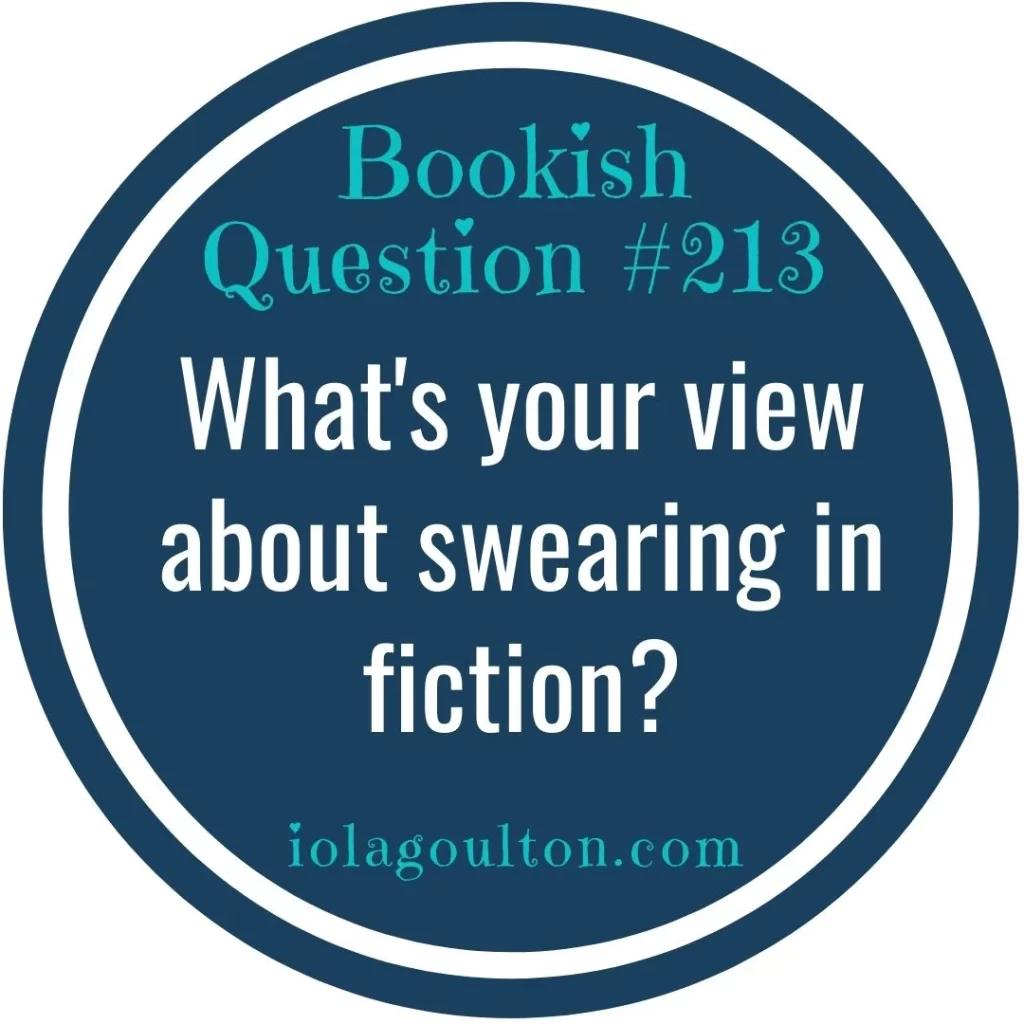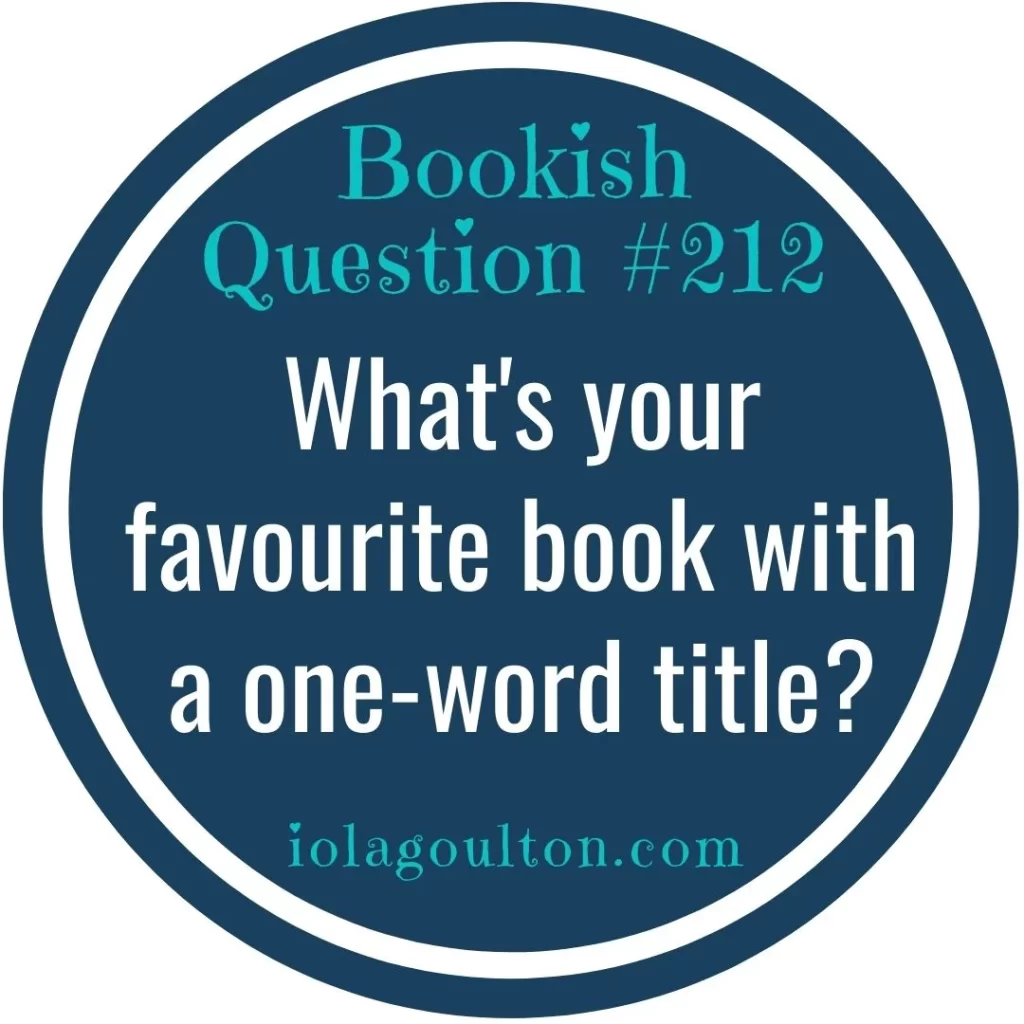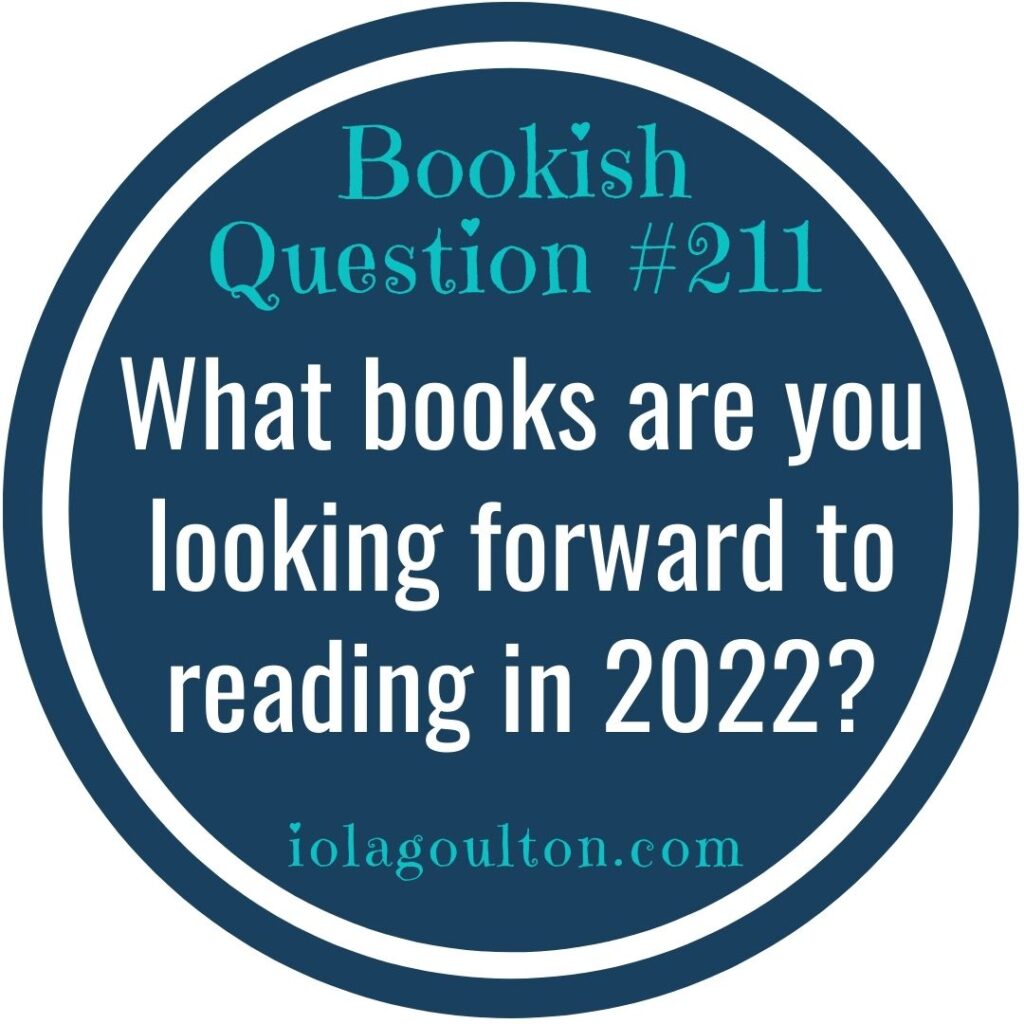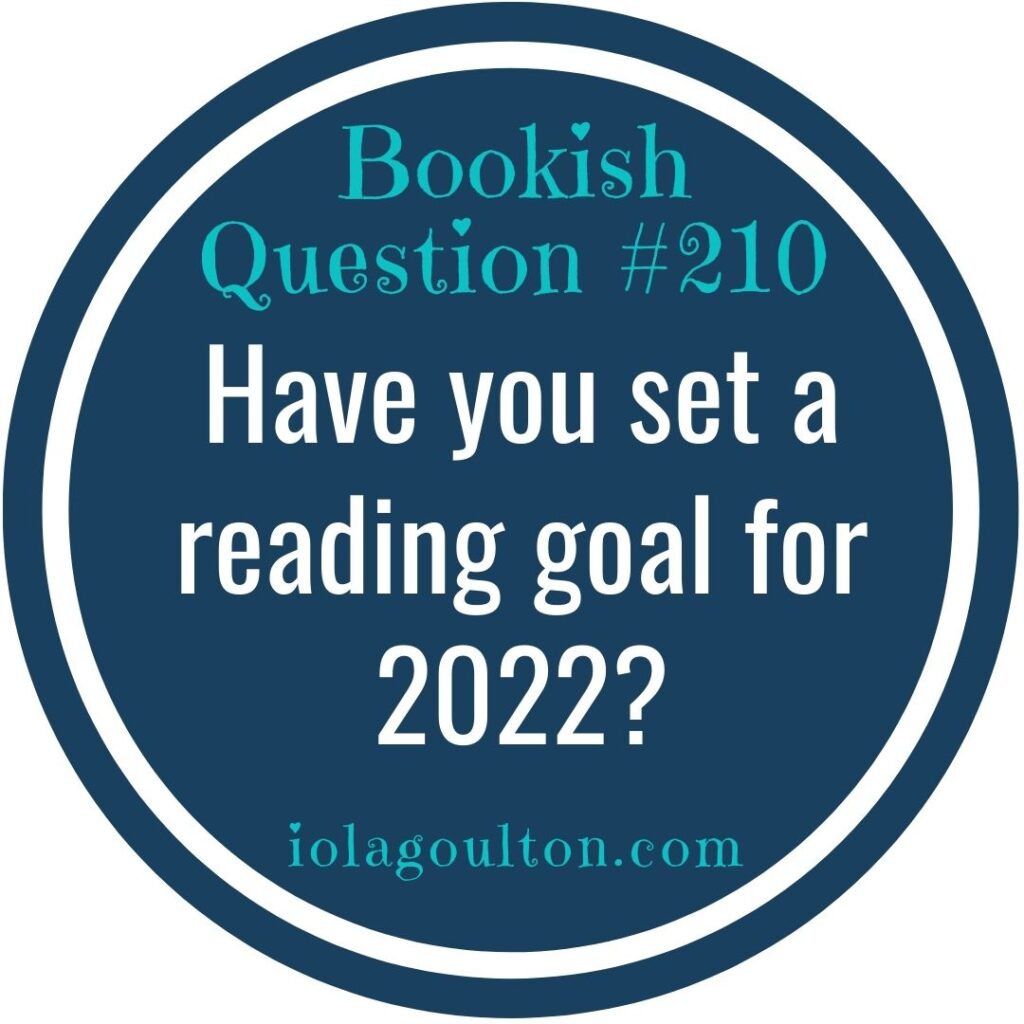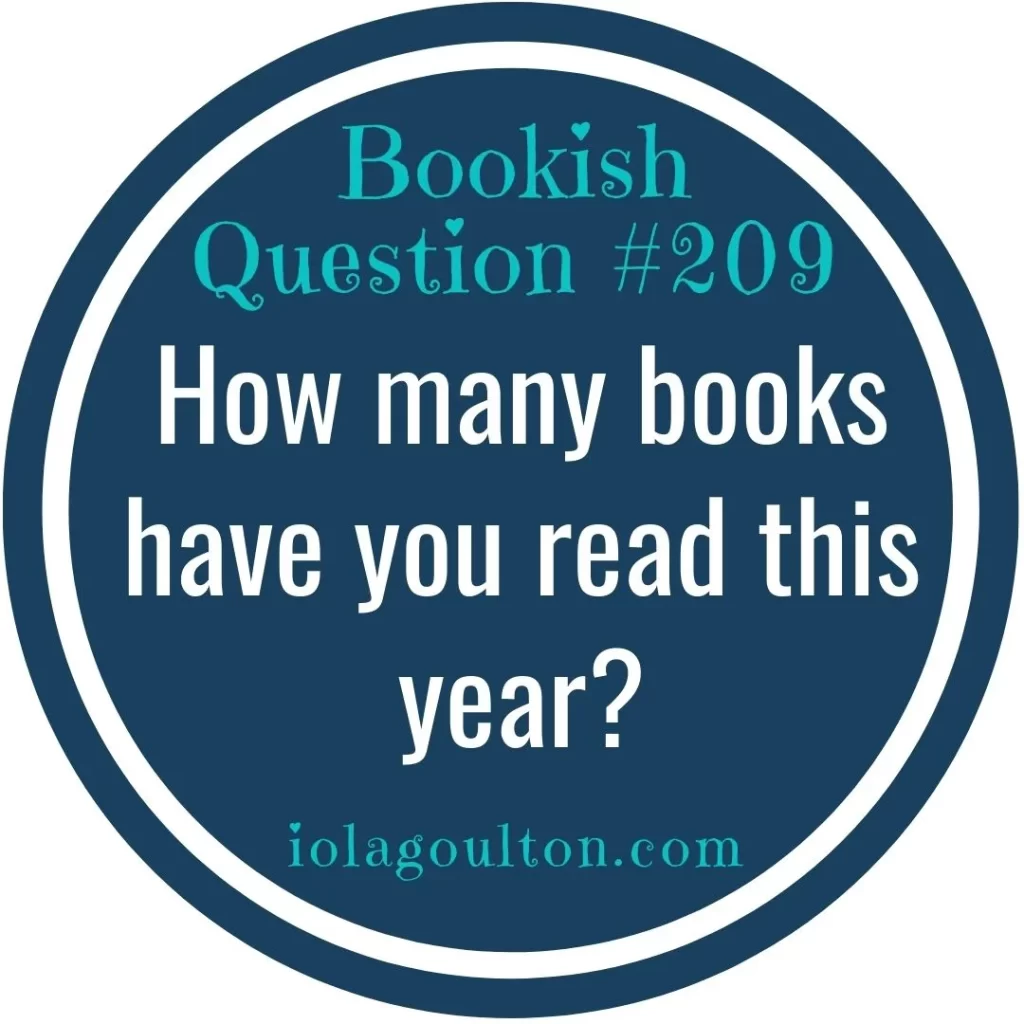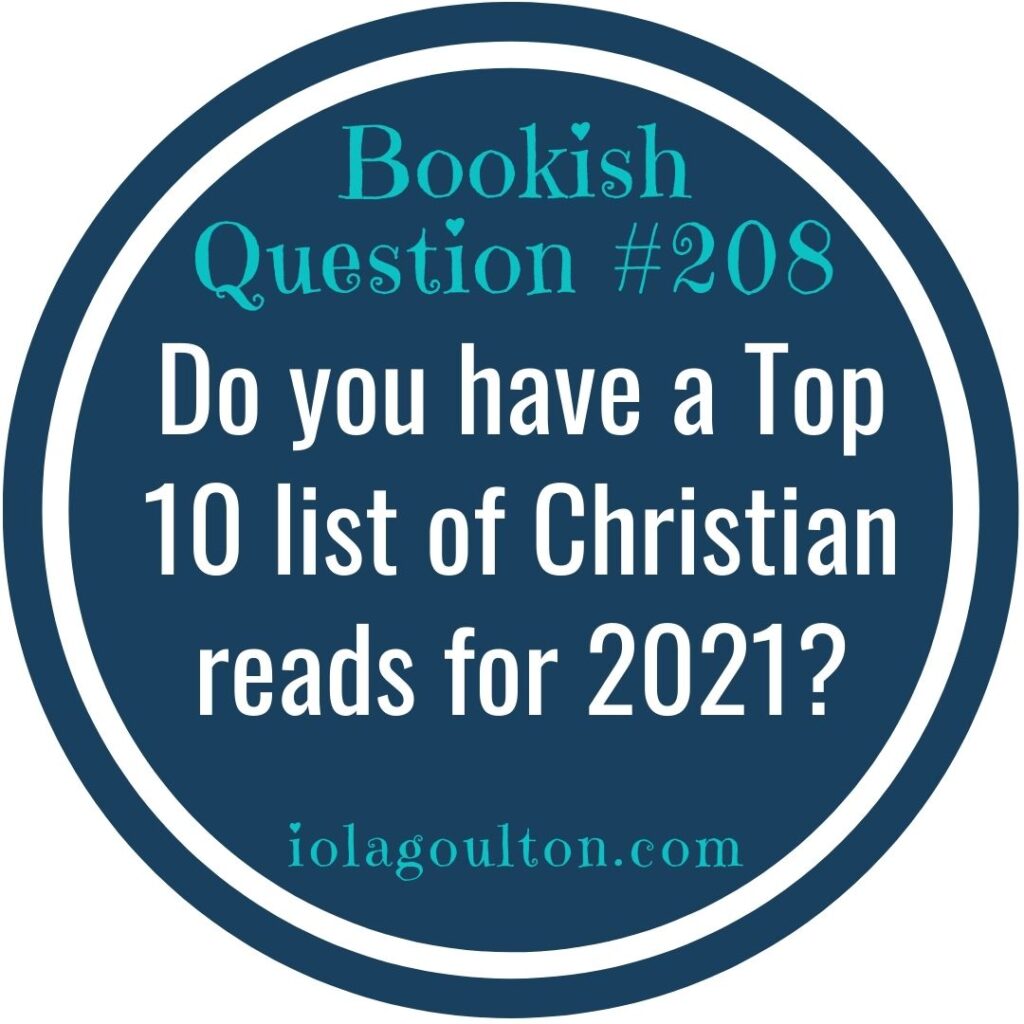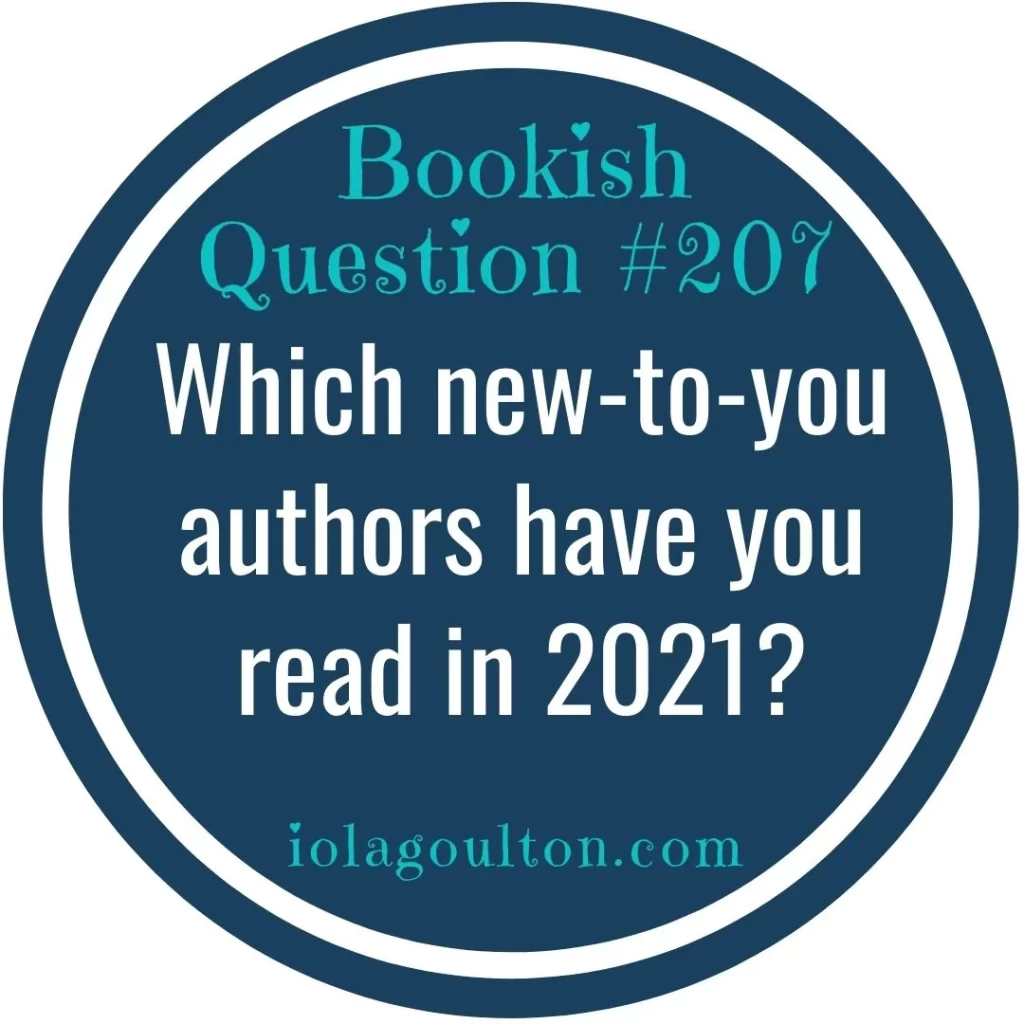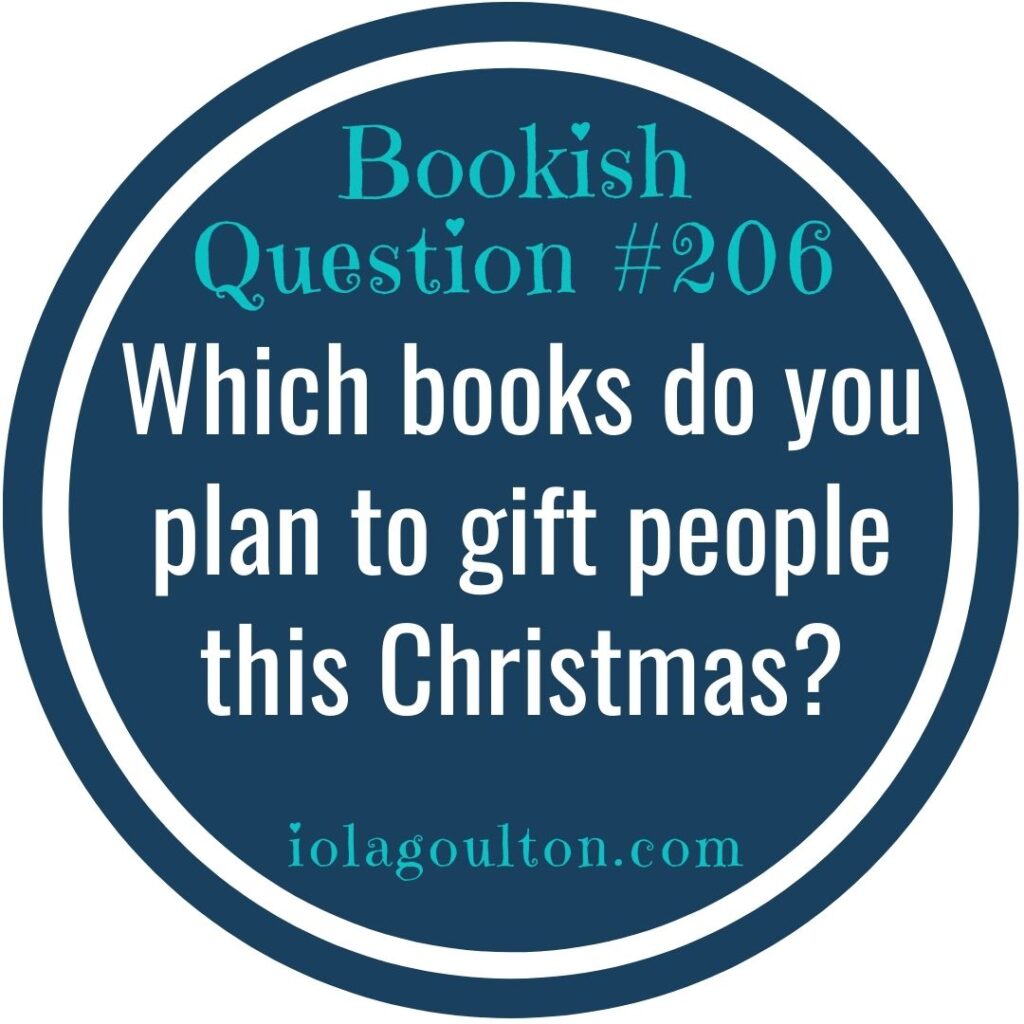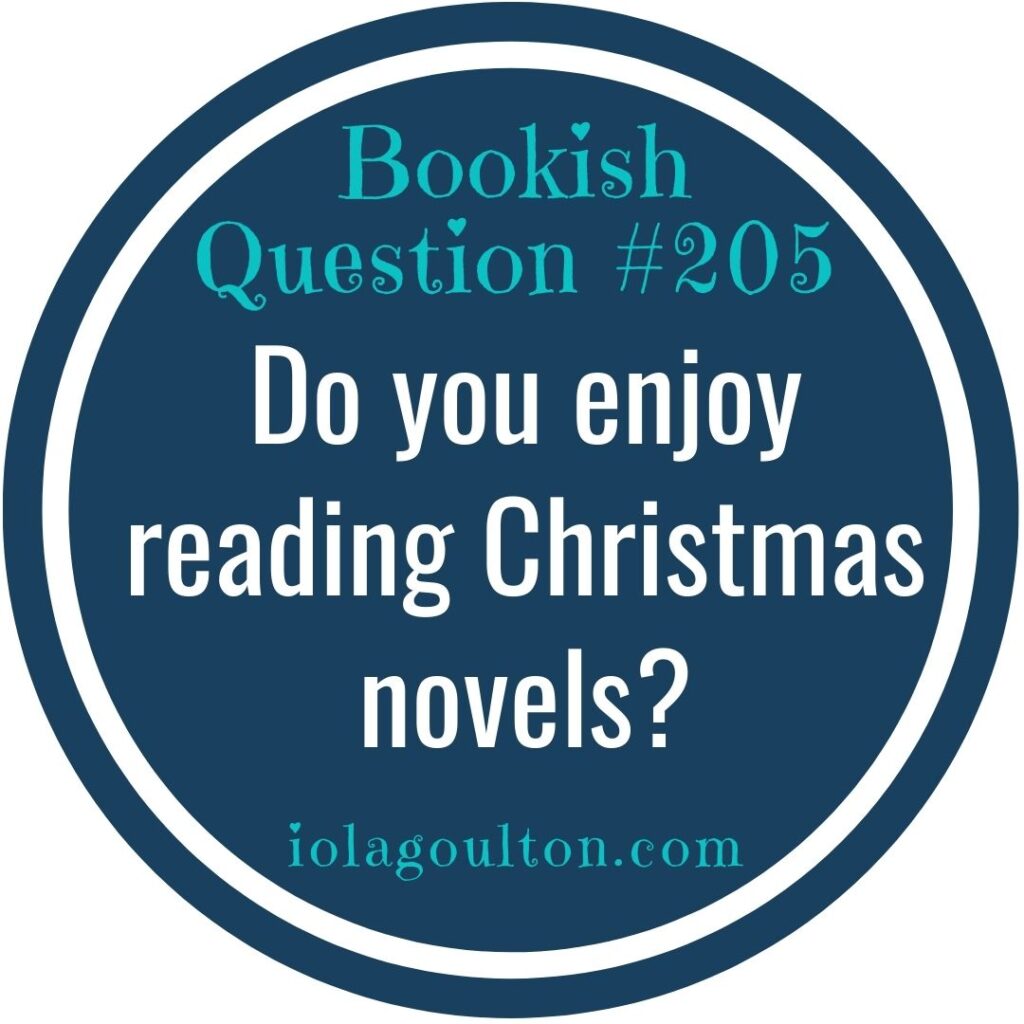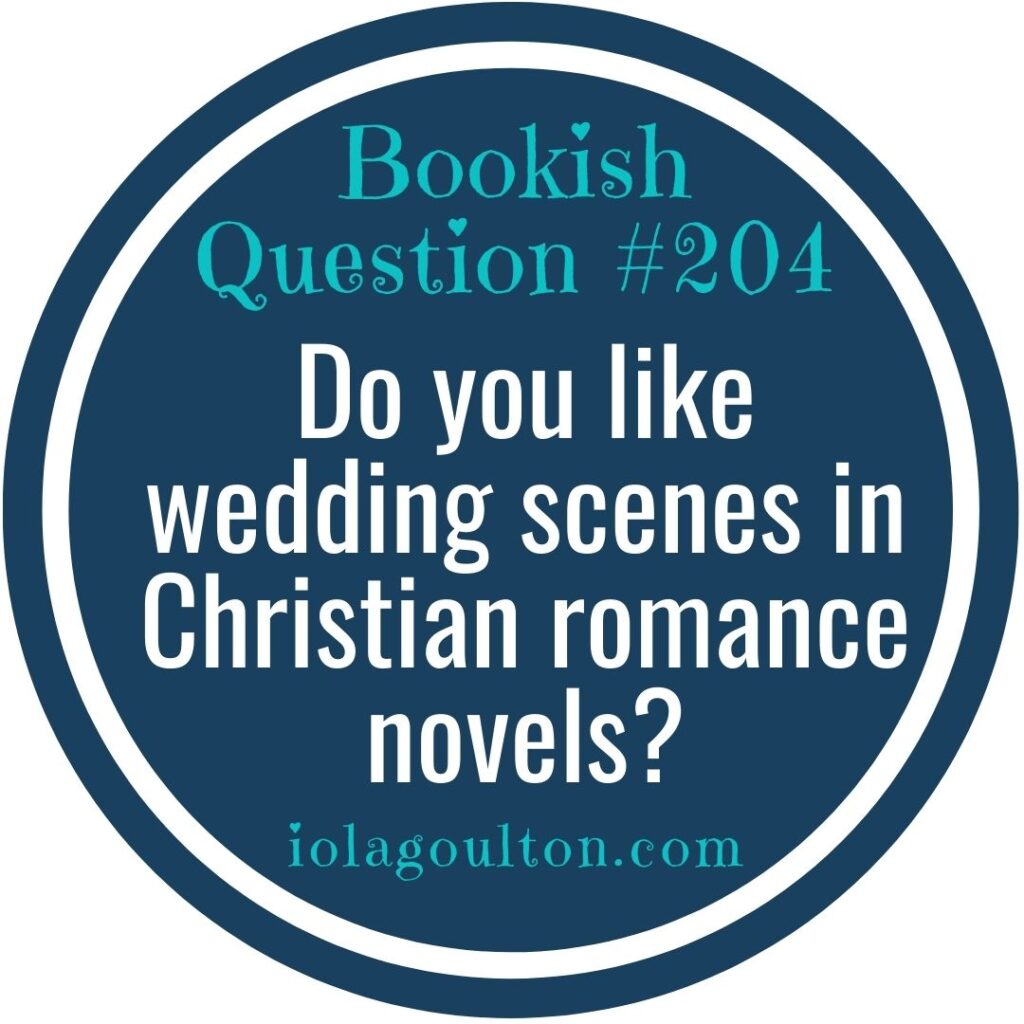I don’t swear and nor do most of the people I know (including the non Christians I work with).
As such, I always find swearing a little jarring when I hear or read it.
However, I do know that some people swear (and some people swear a lot). Most movies I watch have some swearing—they have to, or else they end up with a G rating. TV shows often have swearing as well, although it tends to be fairly low-key and is always consistent with the type of TV show (e.g. I do expect more swearing in an adult crime drama series than in a family comedy show).
I suppose you could say my view depends on the genre.
Likewise, my view of swearing in fiction depends on the genre. If I’m reading a general market thriller or suspense novel, then I expect to see some swearing and I’m not surprised by it. Sure, I might not like it and I often feel there is too much, but that’s my personal taste.
For example, The Martian by Andy Weir had a lot of swearing. But Mark Watney had just discovered he was alone on an inhospitable planet (Mars) with no way to get home. I can understand the sentiment, and his language did fit his predicament.
If, however, a character is in a less precarious situation, then they probably don’t have to swear. As such, I’m not a fan of swearing in romance (especially not in historical romance) or rom-com. Adding the f-word to a sentence doesn’t make the sentence funny, no matter what some “comedians” might think. There are always alternatives.
On this basis, I don’t want to see any swearing in Christian fiction.
It’s not funny. It’s not clever. It’s not strong writing. There is always a way to get the sentiment across without using the words. So I prefer for authors to be original and not use the swear words.
I’m also not a fan of derivatives of swear words e.g bloody (a shortened for of By Our Lady, referring to Mary, Mother of Jesus), or Geez (a shortened and misspelled version of Jesus). The other word I don’t like (and which I have seen in a couple of Christian novels recently) is spitless. It’s a made-up substitute for another word (no, spitless isn’t in the dictionary). I actually don’t mind made-up words … in general market material (e.g. characters in Battlestar Galactica used “frack”).
What I don’t mind is silly words used in place of swear words.
For example, NZ Twitter has taken to calling people they don’t like (often politicians or media “personalities”) casseroles (with apologies to all those tasty casseroles out there). Those politicians or personalities who are especially dim are absolute casseroles. One politician was recently awarded the title of full casserole. British English has muppets and numpties.

